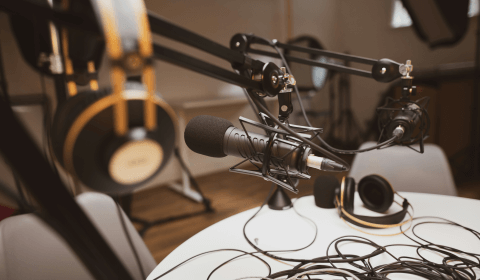A new report suggests that, despite widespread effort, LGBTQ+ abuse still prevails in our everyday spaces.
Though the rise in LGBTQ+ figures in the mainstream media – and flourishing national pride campaigns – may foster some ignorance to the realities of queer life in the UK, that reality is still painful for many.
But a new report by London TravelWatch has highlighted just how severe LGBTQ+ abuse can be, and how ingrained it is in our local spaces.
According to TravelWatch, two-thirds of 600 people surveyed in London felt they were at risk of violence or harassment when using public transport in the capital.
Two out of three of those who had experienced abuse or harm said that bystanders did nothing to intervene.
These statistics are heartbreaking, but unsurprising. One need only look at our government’s legislation and all-around attitude towards the queer community – trans people in particular – to get an understanding of how such vitriol is generated.
Just last month, the Home Office even admitted that the sharp rise in hate crimes against trans people in Britain is ‘potentially’ fuelled by anti-trans politicians. Here’s looking at you, Rishi Sunak.
In fact, anti-trans violence has been on the rise for some time. Last year, the government reported a 56% increase in transphobia from the previous year. Hate crimes against trans people have increased a staggering 186 percent in the last five years.
As part of TravelWatch’s report, they spoke with individuals who felt comfortable sharing their personal experiences of abuse on London transport.
Those included Ash Morgan, a 28-year-old who was punched in the head on a train at Clapham South in March on his way home from work.
‘No-one asked if I was OK or helped me up from the floor; just a total lack of compassion’, Morgan said.
The fear of facing these incidents has driven many LGBTQ+ people to alter their appearance in order to ‘fit in’, which Ash explained he has done himself.
‘I now second guess what I’m wearing; I try not to wear anything too bright and I don’t wear my pronoun pins on public transport’.
On a bureaucratic level, people like Ash also face lacklustre support from police and other public officials.




















